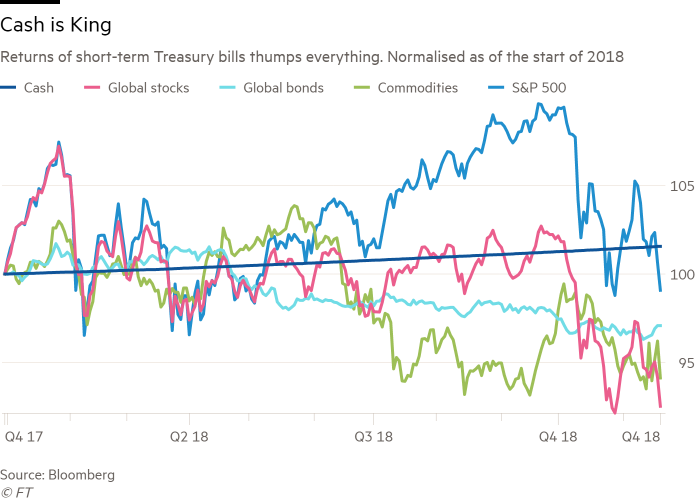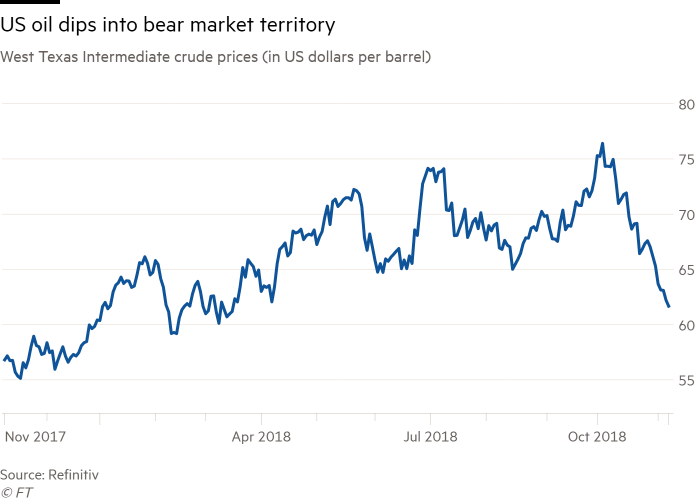Valuation of Medical Technology Start-Ups

In the past, industry specific start-up “rules of thumb” may have been sufficient to serve as reasonable basis for any valuation concern. Combined with the unique market dynamics and regulatory environment associated with the medical technology industry, start-ups in this field present a unique set of valuation considerations. In recent years, valuation issues have become increasingly important for start-up companies due to changing international reporting standards and financial reporting rules. These issues along with increasing regulatory and shareholder scrutiny together compound potential troubles for start-up companies. Because both the subject enterprise and valuation purpose are misfits within the context of typical valuation work, valuation practices are generally not applicable for start-up companies. In reality, the appropriate definition of value varies depending on the circumstances surrounding each valuation engagement. This article discusses common circumstances that give rise to the need for a valuation, basic valuation concepts, and specific valuation considerations relevant to medical technology start-up companies.
Firstly, what are the most common standards of value for start-up companies? There are broadly two standards of value for start-ups: fair market value and investment value. Fair market value is the most common standard of value used in business appraisals and is the standard used for compliance related to equity compensation. On the other hand, investment value is the value to a specific investor based on their particular investment requirements and opportunities.
Secondly, what are the general approaches to determining business value? There are three general approaches to determining business value – asset, income, and market. Ultimately, the conclusion of value will reflect consideration of one or more of these approaches (and perhaps various underlying methods) as being most indicative of value for the subject ownership interest. The asset approach can provide meaningful valuation benchmarks for start-ups that have recently completed fund-raising rounds. For start-up companies, the asset approach is generally inappropriate to apply unless the start-up is in a very early stage of operational development such that there has been no intellectual property or other intangible value developed internally.
Accordingly, single-period capitalization of income methods and conventional applications of discounted future benefits methods are rarely appropriate to use. The mechanics of an income method require an estimate of future cash flows and an appropriate discount rate with which to determine the present value of future cash flows. The income approach is based on the idea that the value for a given enterprise is created by the expectation of future cash flows and thus focuses on the capacity of a start-up company to generate future economic benefits.
The market approach is the preferred approach when appropriate data is available in sufficient quantity and quality. The market approach compares the subject to similar businesses, business ownership interests, or other assets that have been recently transacted. However, such per share pricing information from capital rounds provides helpful valuation anchors in the form of upper or lower boundaries for enterprise value, and can credibly substantiate the reasonableness of valuation conclusions. Consideration of prior completed financing rounds or other transactions in interests of a start-up is also a method under the market approach.
Market methods include comparison of the subject interest with valuation metrics implied by investments in publicly traded companies and those implied by transactions involving controlling interests in similar companies. Most start-ups are not near IPO or acquisition, so there is generally not sufficient information to implement the market approach to determine the enterprise value for start-up enterprises with the exception of the occasional very late stage start-up.
Thirdly, what valuation considerations should be accounted for in medical technology start-ups? Valuation of medical technology start-ups take into account anticipated future capital needs, the probability of successful exit, time to successful exit, and the potential exit value. For medical technology companies, exit events are usually via acquisition or IPOs. Furthermore, exit events and values are influenced by four factors which are market characteristics, market impact, stage of development, and key success indicators.
All companies operate within a given market and this context is perhaps the most significant factor in the exit valuation of a medical technology start-up. The most significant market factor to consider for a medical technology start-up is the absolute size and growth prospects for the pertinent market. Even if a start-up has everything else in place, 100% market share of nothing is still nothing.
Other than the disruptive potential of the new technology itself, strategic acquirers in the medical technology space commonly consider a variety of factors in evaluating the potential market. These factors include impact of a new technology, strength of intellectual property, stability of design, technical performance data, support from human clinical studies, completion of regulatory approvals, and reputation of “early-adopter” using technology, reliability of supply chain and distribution partners, and availability of technical expertise.
Most medical technology start-ups tend to follow similar patterns in operational development regardless of industry segment. The value of a given start-up is largely related to its level of operational development. Generally, meeting later-stage milestones generates greater increases in value than that of earlier-stage milestones.
Due to this relative lack of information, qualitative factors such as the quality of the management team, clinical advisory team, and venture capital investor group become an important consideration, especially in the valuation of early-stage start-ups.
In conclusion, given the incremental valuation complexities particular to medical technology start-up enterprises, it is important to remember that industry knowledge and valuation knowledge are not synonymous—and both are important. Firstly, the definition of value by an investor or investing group determines how value is attributed to a medical technology start-up: a start-up can have multiple values attributed based on value definition. Secondly, the value of a medical start-up depends on the unique investing approach of an investor / investing group: a start-up can have multiple values based on investing approach. Thirdly, the value of a medical technology start-up significantly depends on its market characteristics, market impact, product development stage, and key success indications. Finally, we encourage readers to extend business dialogue to include valuation and specific valuation considerations relevant to medical technology start-up companies.








